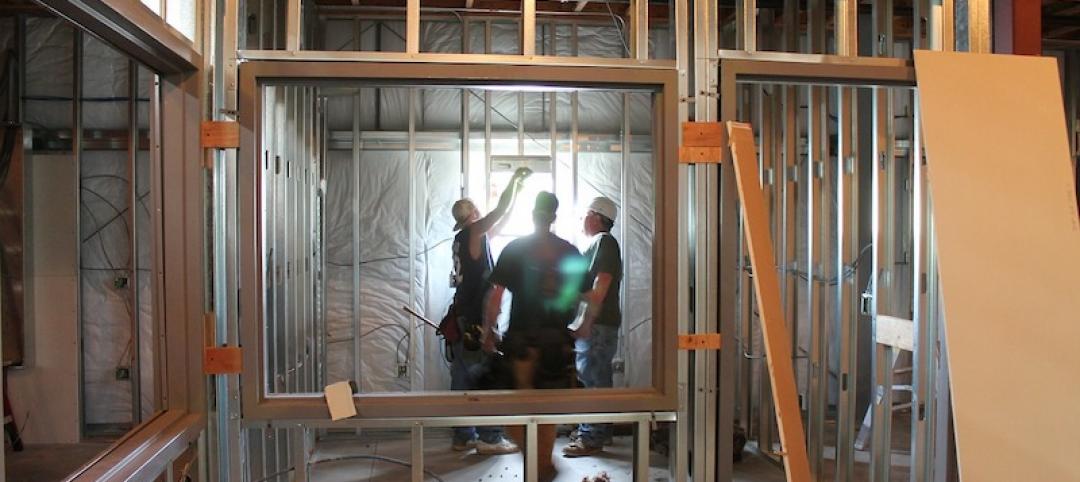The most obvious benefit to slower speed limits in cities is improved safety. Fewer crashes and injuries including collisions with bicycles can be expected.
But there are other several other possible gains that can be realized by forcing drivers to slow down on congested city streets, according to a recent CityLab article. Ironically, one might be to enable people to get around faster.
If separated but narrower travel lanes with 15 mph speed limits that prioritize non-cars are created, more people might opt for electric scooters and bicycles, which can outpace cars in the most congested streets. (The average car in midtown Manhattan creeps along at just 4.7 mph.)
Slower speeds would also make it safer and more practical to deploy autonomous vehicles. Several U.S. cities have reduced speed limits and New York has revived its program to enforce speed limits by cameras in school zones.
Related Stories
Codes and Standards | May 13, 2020
Researchers flag insufficient training for construction workers on healthcare projects
May contribute to fungal disease outbreaks that endanger patients
Codes and Standards | May 8, 2020
New NIBS report evaluates natural disaster mitigation strategies
Document examines strengthening buildings for flood, wind, wildfires, and earthquakes.
Codes and Standards | May 6, 2020
A few ways contractors can manage COVID-19 risks
Staggered start times, rigorous tool cleaning, virtual training among the strategies.
Codes and Standards | May 5, 2020
NAHB loses influence in 2021 IECC building code development
Despite objections from the National Association of Home Builders (NAHB), the development of the 2021 International Energy Conservation Code (IECC) is nearing conclusion. NAHB objected to several more stringent energy efficiency provisions.
Codes and Standards | May 5, 2020
2020 IECC will lead to significant carbon emissions reductions
New model building code nearly finalized.
Codes and Standards | May 4, 2020
New York expands prevailing wage law
Now includes private projects with 30% or more of public subsidies.
Codes and Standards | May 1, 2020
OSHA says most employers don’t have to track worker COVID-19 infections
Agency clarifies responsibility for contractors, others.
Codes and Standards | Apr 29, 2020
New York City tightens restrictions on construction during pandemic
Dept. of Buildings has issued more than 100 violations and stop-work orders.
Codes and Standards | Apr 28, 2020
ASHRAE, WELL panels to tackle revising standards to limit spread of viruses in buildings
Will examine ways to reduce infectious threats through building designs and operations.
Codes and Standards | Apr 24, 2020
Dept. of Labor issues guidance for respiratory protection during N95 shortage
Elastomeric respirators or powered, air-purifying respirators, and expired N95s are allowable alternatives

















